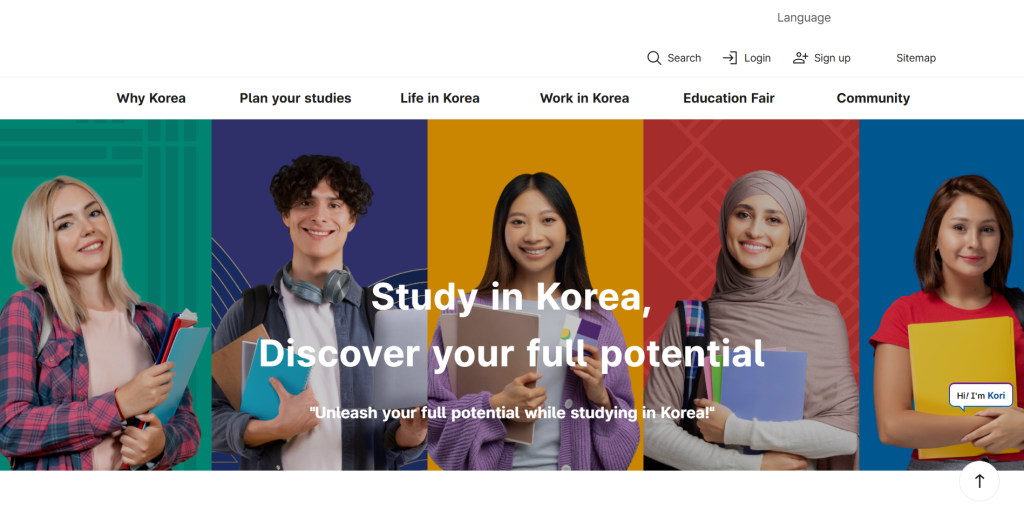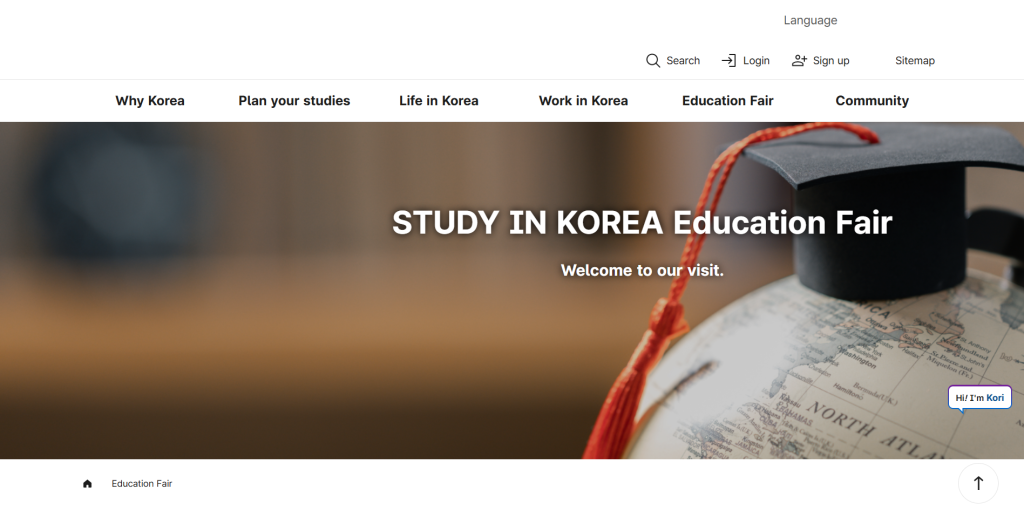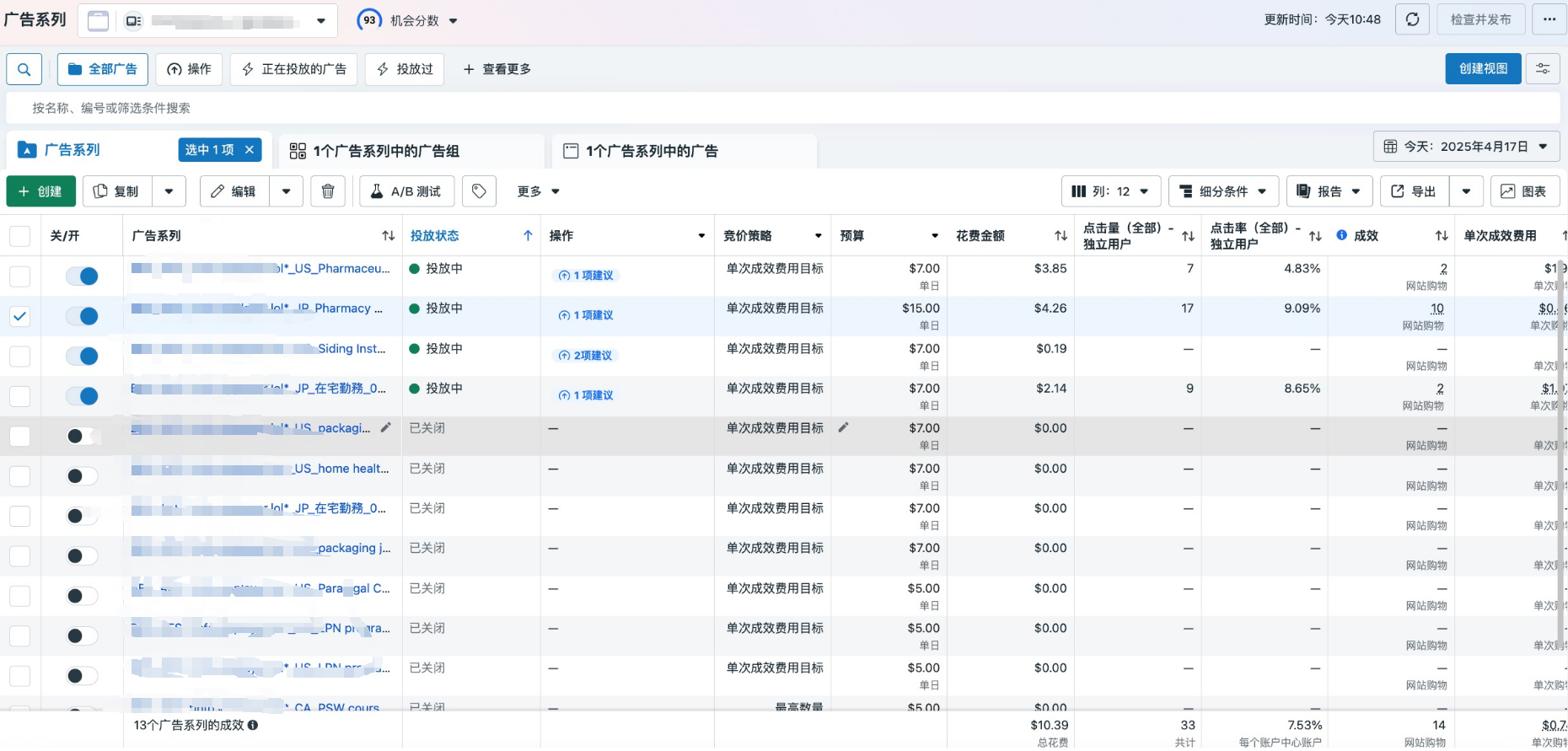
South Korea University Application Guide: Passing Language Tests and Document Review
South Korea is a popular study destination for international students due to its high-quality education, modern facilities, and vibrant culture. To successfully apply to a Korean university, you must meet language proficiency requirements and submit the necessary documents for review. This guide will walk you through the essential steps.

1. Language Proficiency Requirements
Most Korean universities require international students to prove their Korean or English language proficiency depending on the program’s language of instruction. (https://www.studyinkorea.go.kr)
Korean-Taught Programs
- TOPIK (Test of Proficiency in Korean) is required for most undergraduate and graduate programs.
- Many universities require TOPIK Level 3-4 for admission and Level 5-6 for graduation.
- If you do not meet the TOPIK requirement, some universities offer language programs before you start your degree.
English-Taught Programs
- TOEFL, IELTS, or TEPS scores are required for English-medium programs.
- The required score depends on the university and program (e.g., TOEFL iBT 80+, IELTS 5.5+).
Check your target university’s website for specific language requirements.
2. Document Preparation and Submission
To apply for a Korean university, you need to submit a set of required documents. Some universities accept online applications, while others require hard copies via postal mail.
Common Required Documents:
- Completed Application Form (Download from the university website).
- Passport Copy (Valid for the duration of your studies).
- High School or University Transcripts (Officially sealed and translated into English or Korean).
- Graduation Certificate/Diploma (Apostilled or notarized copy).
- Proof of Language Proficiency (TOPIK, TOEFL, or IELTS score report).
- Personal Statement and Study Plan (Explain why you want to study in Korea and your future goals).
- Letters of Recommendation (From teachers, professors, or employers).
- Financial Proof (Bank statement showing at least USD 10,000 or a sponsorship letter).
- Application Fee (Varies by university, usually KRW 50,000–150,000).
Universities such as Seoul National University, Korea University, and Yonsei University have their own specific requirements, so always check their official admissions pages.
3. Application Process and Deadlines
The application process typically involves the following steps:
- Check University Requirements – Visit the university’s official admissions website.
- Prepare Your Documents – Get translations, notarizations, and apostilles as required.
- Submit the Application – Apply online or send physical copies to the admissions office.
- Interview (If Required) – Some universities may request an online or in-person interview.
- Receive Admission Results – If accepted, you will get an admission letter for your student visa application.
Application Deadlines
- Spring Intake (March Start) – Applications usually open from September to November.
- Fall Intake (September Start) – Applications are accepted from April to June.
4. Student Visa Application (D-2 Visa)
Once accepted, you must apply for a D-2 student visa at the nearest South Korean embassy or consulate.
Visa Requirements:
- Admission Letter from a Korean university.
- Certificate of Admission (Issued by the university).
- Passport and ID photos.
- Financial proof (Bank balance of at least USD 10,000).
- Visa application form (Download from the embassy website).
Processing times vary but usually take 2-4 weeks.

By carefully preparing your language qualifications and documents, you can successfully apply to study in South Korea and start your academic journey!







